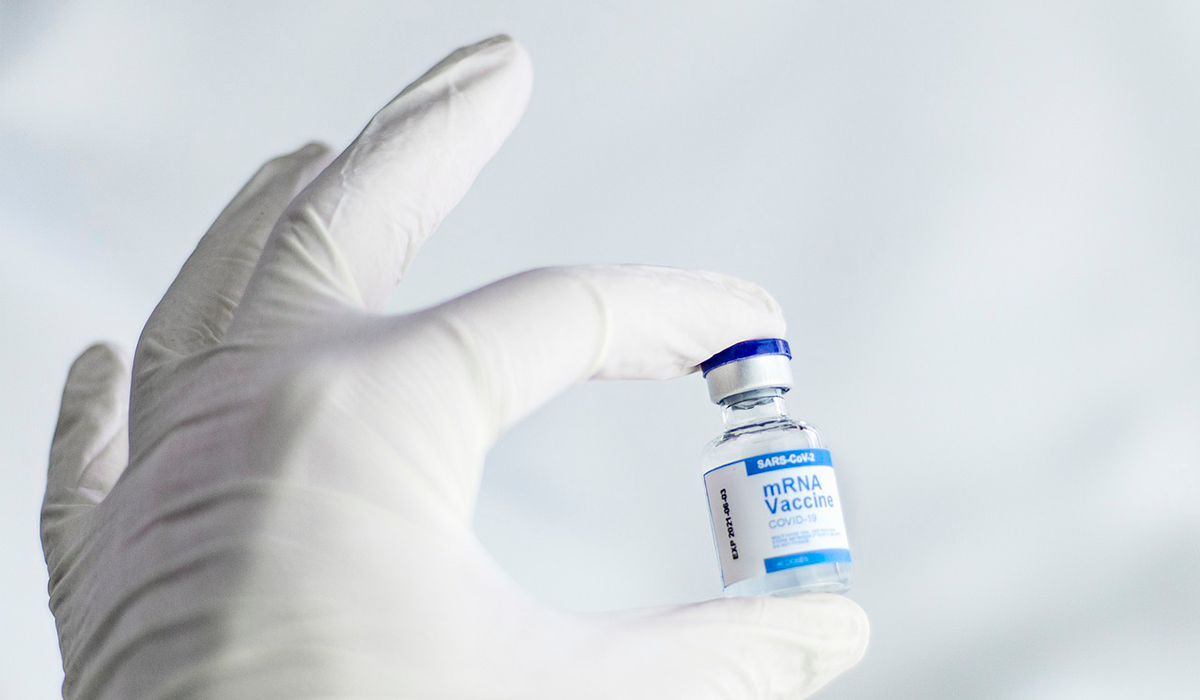
04 Oct UW study seeks IBD patients to study effectiveness of updated COVID-19 vaccines
UW School of Medicine and Public Health
Researchers at the University of Wisconsin School of Medicine and Public Health are investigating how well the updated monovalent COVID-19 vaccines work for inflammatory bowel disease patients.
The disease, commonly called IBD, affects approximately 1.3% of adults in the United States. The term refers to two conditions, Crohn’s disease and ulcerative colitis, that cause chronic inflammation of the gastrointestinal tract resulting in significant complications such as persistent diarrhea, abdominal pain, rectal bleeding and weight loss.
The new study, called SHIELD, builds upon earlier research that began at UW–Madison in April 2021 to study how well the COVID-19 vaccine versions available at that time worked in patients with IBD. Enrollment is open now for patients who meet eligibility criteria.
Patients with IBD are often prescribed immunosuppressant drugs to treat and manage their conditions. Studies have shown that the majority of medications used to treat IBD, such as biologic drugs that act on specific immune system responses relevant to the disease, don’t increase the risk for severe COVID-19, but those who receive generally immunosuppressive medications like corticosteroids are at a higher risk for severe COVID-19 if they are infected.
The initial study, called HERCULES, showed that the vaccine worked well in participants with IBD. After receiving two doses of a COVID-19 vaccine, 97% of participants with IBD mounted an immune response. All study participants mounted an immune response following three doses, according to Freddy Caldera, DO, gastroenterologist, UW Health, and associate professor of medicine at the UW School of Medicine and Public Health.
The researchers measured blood levels of antibodies against the virus that causes COVID-19, he said.
“Our previous study shows patients with IBD are able to mount a good immune response to COVID-19 vaccine despite being on immunosuppressive therapies,” Caldera said. “With the rollout of updated COVID-19 vaccines, we now want to examine whether these monovalent vaccines provide sustained protection and a sustained T-cell response to protect patients from severe disease.” Read more …



